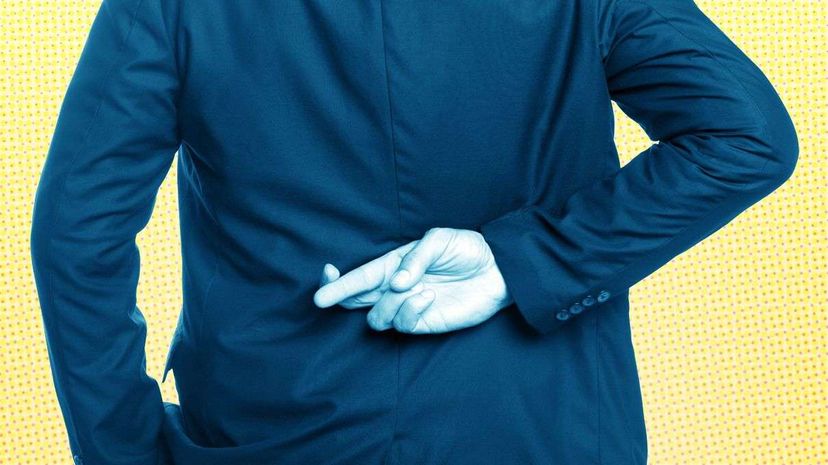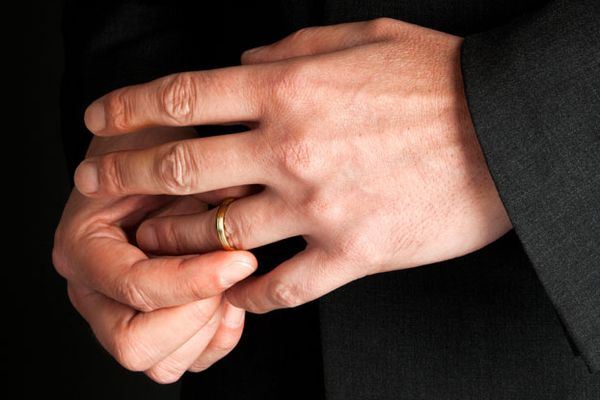
It's one thing to fudge about the size of the delicious bass you caught or how much you weigh on your driver's license, but getting offered a full ride to West Point? Running for your life under sniper fire? Watching in horror as a dead body floats through the French Quarter?
Ben Carson, Hillary Clinton and Brian Williams are just a few public figures who've famously had egg splashed all over their faces for either wildly exaggerating stories or flat-out making stuff up. Clearly, they're all pretty smart cookies, otherwise they wouldn't have achieved so much success in life. So why don't they know better than to lie about incidents that can be so easily fact-checked? This is the million-dollar question.
Advertisement
Before we attack the particulars of how people who live their lives in the public eye think they can get away with such unnecessary deception, let's take a beat to acknowledge that everyone lies to varying degrees and frequency.
"People tend to lie about daily details ('There was traffic;' 'I don't feel well and can't come into work;' 'My car broke down') to get out of obligations, to save face or embarrassment or to gain favors," says Sanam Hafeez, Psy.D., director and neuropsychologist at Comprehensive Consultation Psychological Services and faculty member at Columbia University, in an email interview.
That might work in cases where the recipient of the lie cannot easily fact-check the claim. But how about lies that can be easily disproved? When video is available showing what really happened or a quick call to the college in question can determine whether the person actually graduated, why do it?
"People may lie for short-term gain and ignore the possibly long-term consequences," Hafeez says. "They figure they'll deal with them when they arise. Some people enjoy the thrill of lying especially about something high risk just to feel the high of getting away with it."
The key motivators seem to stem from two major factors: ego and ambition. “Sometimes people think so much of themselves they have a distorted sense of what might actually happen. [Former NBC News anchor] Brian Williams should have known better but his own ego and narcissistic traits took over,” says Bart Rossi, Ph.D., a clinical and political psychologist, via e-mail. "Also, in many instances people are rewarded for their lies and as such they continue until caught. When caught we see all kinds of additional spinning to minimize or marginalize the exact lies or misrepresentations. Or [else, they] blame the media."
Although many career liars, er politicians, are more difficult to suss out, it's actually not that hard to spot a lie in action. Hafeez says that the cues might be subtle, but are nonetheless noticeable, such as changes in pitch, demeanor, eye contact and facial expressions.
When all else fails, rely on yourself to make the tough call. “Follow your instinct,” she says. “It's there for a reason.”
Advertisement

